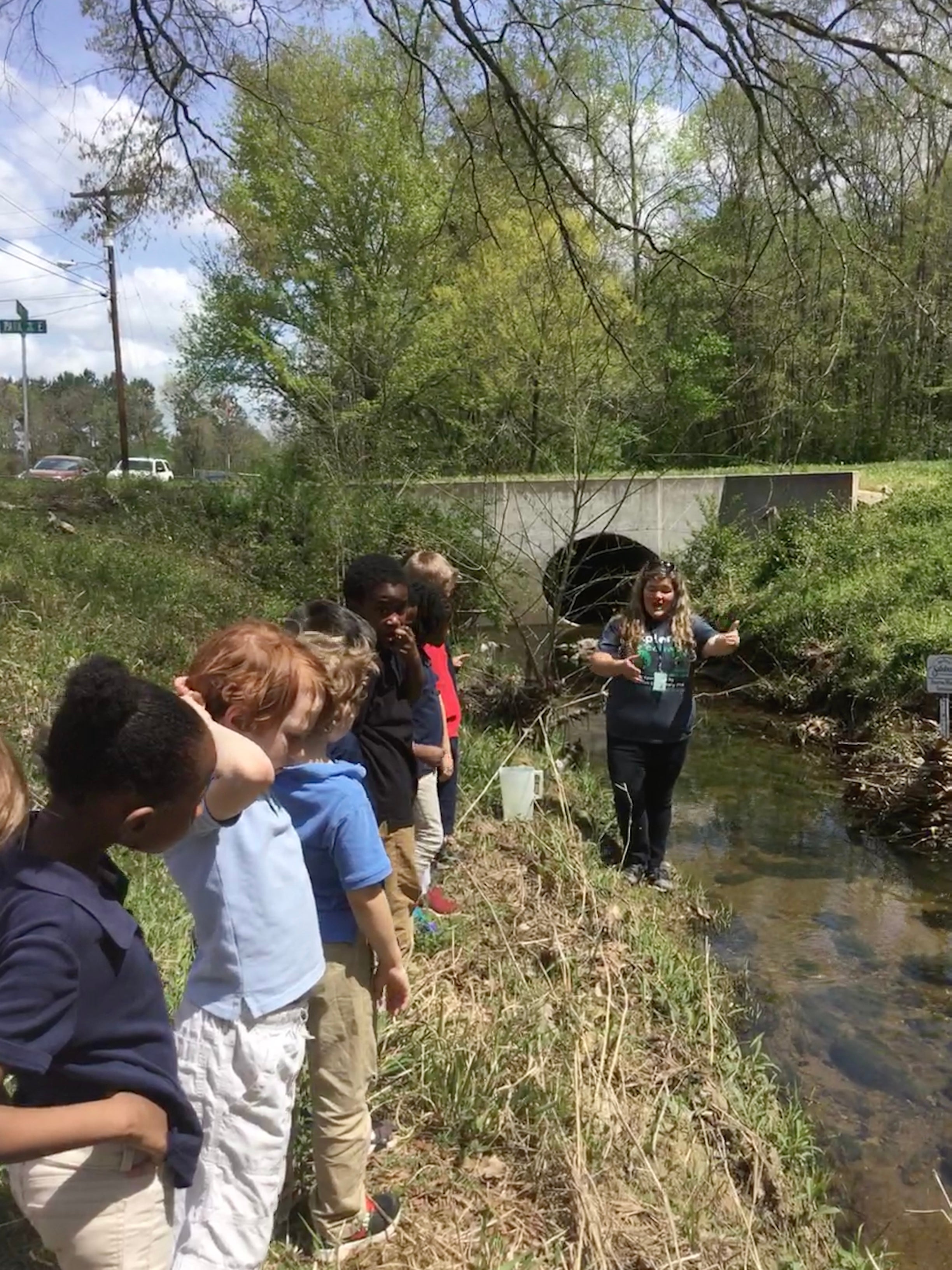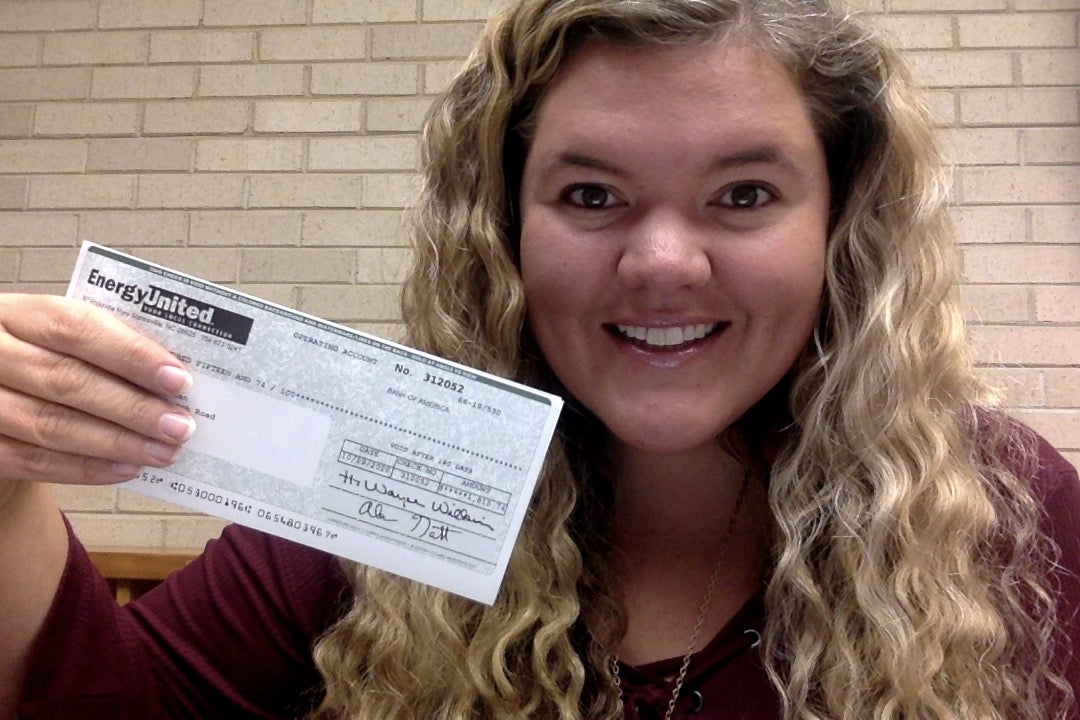Bright Ideas grants bring new projects to local schools
Published 12:00 am Thursday, December 17, 2020
SALISBURY — Several Rowan-Salisbury Schools faculty members were recently given funding to take on projects ranging from exploring a creek to preserving food.
About $4,500 total was awarded to four RSS teachers through Bright Ideas, an EnergyUnited grant program that funds classroom projects for teachers.
Alesha Roseman wanted to give Overton Elementary students some hands-on experience with ecology and conservation with the creek behind the school and its other green spaces. Roseman’s project was funded for $1,815.
“We are situated on a beautiful piece of property that backs up to the greenway and the Catawba Nature Preserve,” Roseman said. “I figured that we could use those spaces for students to be outside learning, especially with all of our COVID restrictions.”
Roseman said she also wants students to create conservation posters and use drones to map some of the areas around the school.
She would like to get waders so students can actually walk into the waterway. She has already taken students on expeditions down by the creek, and the kids have kept asking if they could get in. She said, “No,” but water gear would change that.
The students found things along the bank of the creek that included baby turtles. She says students have been interested in cleaning up trash on the banks as well, but have not been able to explore or take on cleaning projects.
“I grew up playing in creeks and being outside, so it’s something I’m passionate about and I want to pass it to them,” Roseman said.
She was inspired by expeditions with Muddy Sneakers. The Brevard-based nonprofit has a Salisbury field office and works with a number of local schools. It integrates outdoor education with concepts being taught in classrooms.
“Instead of us just talking about it in pictures and books it really helps learning to come alive,” Roseman said.
West Rowan High School teacher Tori Cardea got her third Bright Ideas grant and has been building on her earlier projects.
The first grant was for raising earthworms for use in composting for the school’s sustainable garden. Last year, she received a grant for beekeeping. Now, the school has a couple of hives.
This year, she was awarded $500 to purchase canning supplies for preservation labs with her sustainable agriculture class. Cardea hopes the items can be sold for fundraising or donated to help people like students at West Rowan who are food insecure.
Cardea said she has had some students get interested in worm farming after that program started.
“It’s a very unique market but you can also see a really quick turnaround,” Cardea said. “As crazy as it sounds, worms can repopulate very quickly.”
Cardea said worms are useful for composting but there is also a market to use them as fishing bait. Some students never thought about farming worms, but the project opened their eyes.
“It opened the doors to looking at different things you can do that still relate back to ag that doesn’t involve tractors or cows or chickens or anything that comes to their minds first when you start talking about agriculture,” Cardea said.
Cardea found out one of her students was a certified beekeeper after she was awarded the earlier grant, and she ended up being mentored by a student instead of vice versa.
“It really built a bit of a community bridge,” Cardea said.







